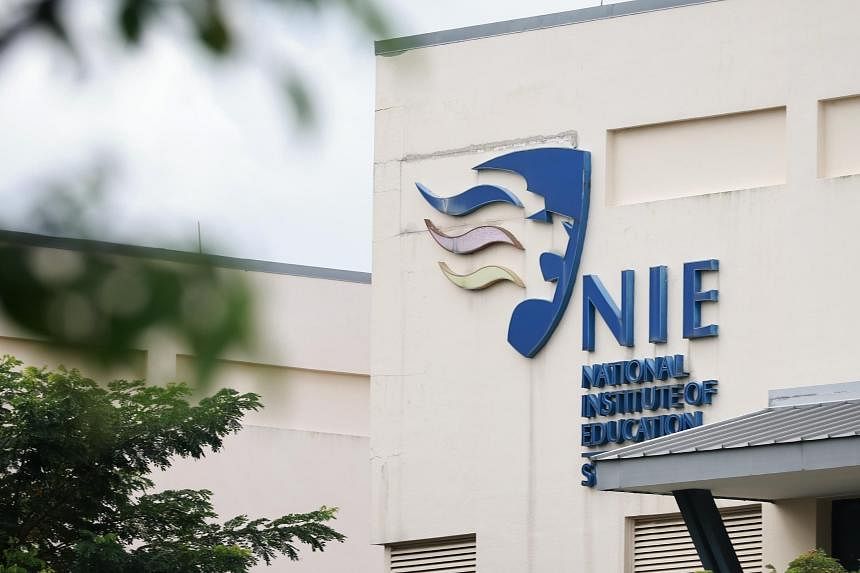SINGAPORE - The teaching workforce in Singapore is getting older, due in part to an ageing population and the scaling down of recruitment of new teachers in recent years.
In 2021, about a quarter of teachers were aged 34 and below. This is down from 55.4 per cent in 2005 and 46.4 per cent in 2012.
Conversely, the proportion of teachers aged 40 and above grew from 34.5 per cent in 2012 to 56 per cent in 2021.
In response to queries, the Ministry of Education (MOE) said it recruited a yearly average of about 650 teachers in the last five years from 2018 to 2022.
It used to recruit about 2,000 to 3,000 teachers yearly between 2004 and 2012 when it was building up its workforce to about 33,000 teachers.
The focus has since shifted to replacing teachers who have left the service and to meet specific subject needs, said the MOE.
It added that there are currently about 32,000 education officers in service, including educators in leadership positions like principals and vice-principals.
“The decrease in the proportion of younger teachers since 2005 is primarily due to smaller inflows of new teachers in recent years, alongside the maturing of the existing teaching workforce,” said the MOE spokesman.
Most new teachers join the service between the ages of 25 and 30, he said. Around half of them are posted to primary schools, while the rest go to secondary schools and junior colleges.
Associate Professor Jason Tan from the National Institute of Education said that apart from age, the length of service of teachers is also another factor to look at.
It is clear that there has been a shift in the profile of teachers in the past decade, he said.
In 2011, the largest category of teachers – 32.3 per cent of them – had zero to four years of work experience.
In 2021, those in this category made up 11 per cent of the profession, and the largest section at 23.6 per cent was those who had 10 to 14 years of experience.
“With shrinking birth cohorts and mergers and closures of schools, there hasn’t been a need to hire as many teachers as before,” said Prof Tan, whose work is in policy, curriculum and leadership.
Citing findings from a 2016 report by the Learning Policy Institute in the United States, he said that teachers generally become more effective as they gain experience, although they improve at a lesser rate in their later years.
Results from 30 studies show that teaching experience is, on average, positively associated with student achievement gains throughout a teacher’s career, although there are variations, the report said.
As teachers gain experience, students are also more likely to do better on other measures of success beyond test scores, such as school attendance.
The same report also found that more experienced teachers bring benefits to their colleagues and school, with novice teachers benefiting the most.
“Still, the report noted that variation in teacher effectiveness exists at every stage of the teaching career, said Prof Tan.
“In fact, what is more important is that teachers are carefully selected and well-prepared at their point of entry into the profession, and are provided proper mentorship along the way.”
“Whether you’re younger or older, a veteran or a novice, I think all teachers need a supportive environment for professional development, especially when there are pressing issues to work on like changing ways of assessment, increasing needs in character and citizenship education and e-pedagogy,” said Prof Tan.
“Experience may help you to some degree, but it may also be more difficult for experienced teachers to change entrenched attitudes and beliefs.”
He added: “Newer teachers have less accumulated knowledge to draw on, but at the same time they may have less entrenched attitudes, so in theory they may be more adaptable.”
In this vein, professional development has been one of MOE’s key priorities in recent years, he said, with a road map launched in 2020 to guide teachers in planning their own learning and development, among other initiatives.


